“This is a war of space. Everyone is trying to carve out a living in this area.”
CEO Marc Goss
In 2015, it was reported that the human population around the Maasai Mara was growing at 10.5% per annum, more than three times the global rate. This population expansion means the expansion of settlements, permanent buildings, crop-based agriculture, fenced plots, wildlife poaching and deforestation. This fragmentation and associated fencing of the ecosystem is blocking key wildlife corridors and is rapidly accelerating human-wildlife conflict.
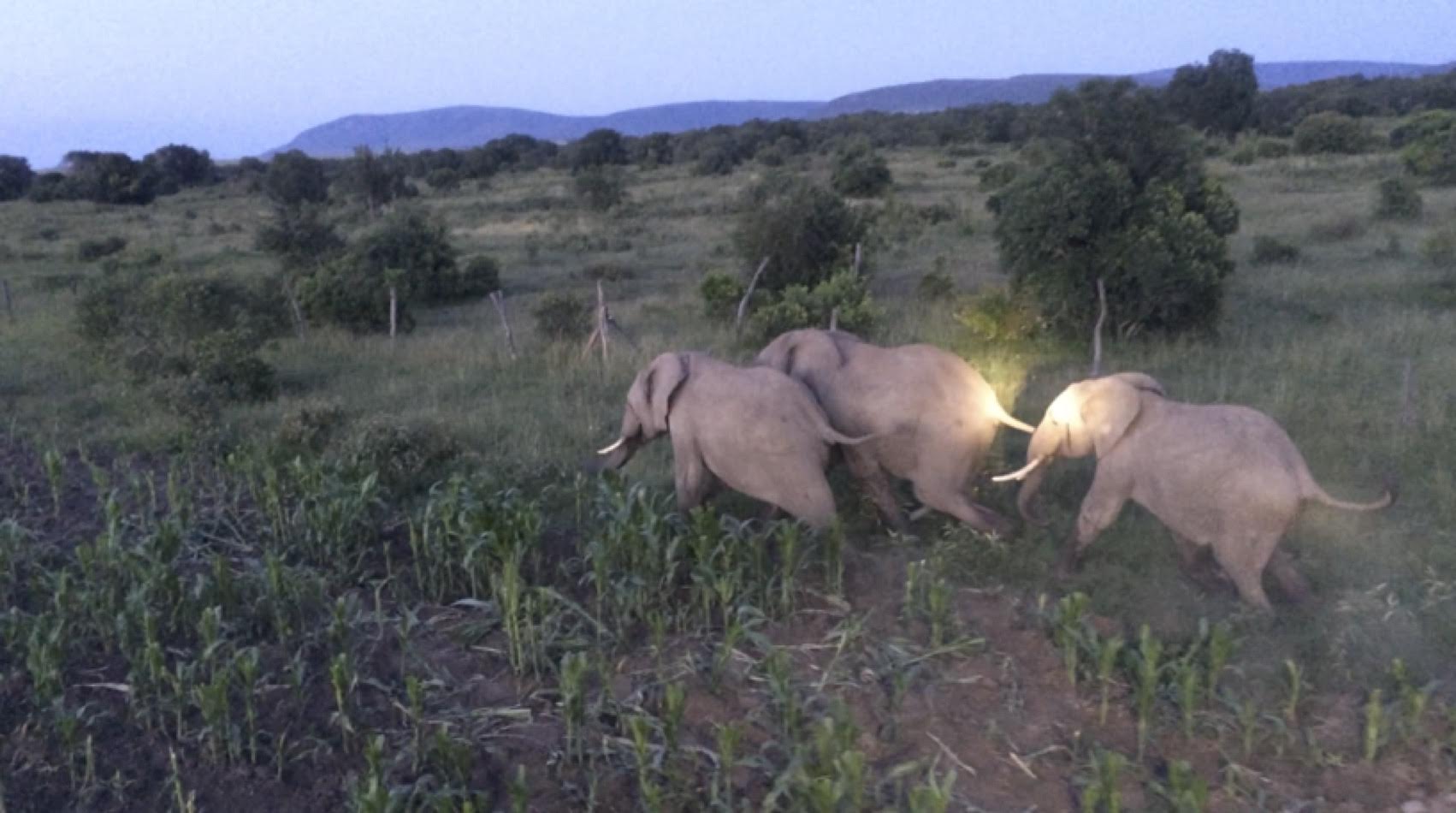
As subdivision takes hold and the spread of human settlements and farms increases, escalating conflict between humans and elephants and subsequent loss of lives and property can be expected, unless measures are taken now to change this trend. As wildlife habitat is lost, biodiversity is also lost, and large mammals are generally lost as agriculture expands.
"In the Mara ecosystem, landowners are fencing their parcels of land to protect their crops or protect grass for their livestock. So, what that means is a fragmented ecosystem. The elephants are breaking through these fences and can destroy a farm in one evening; that creates huge chaos in the communities. Humans to react to this are shooting them with arrows, throwing spears at them, poisoning them. So, what us, as MEP have said: we will come and mitigate that conflict to push them out of farms."
CEO Marc Goss

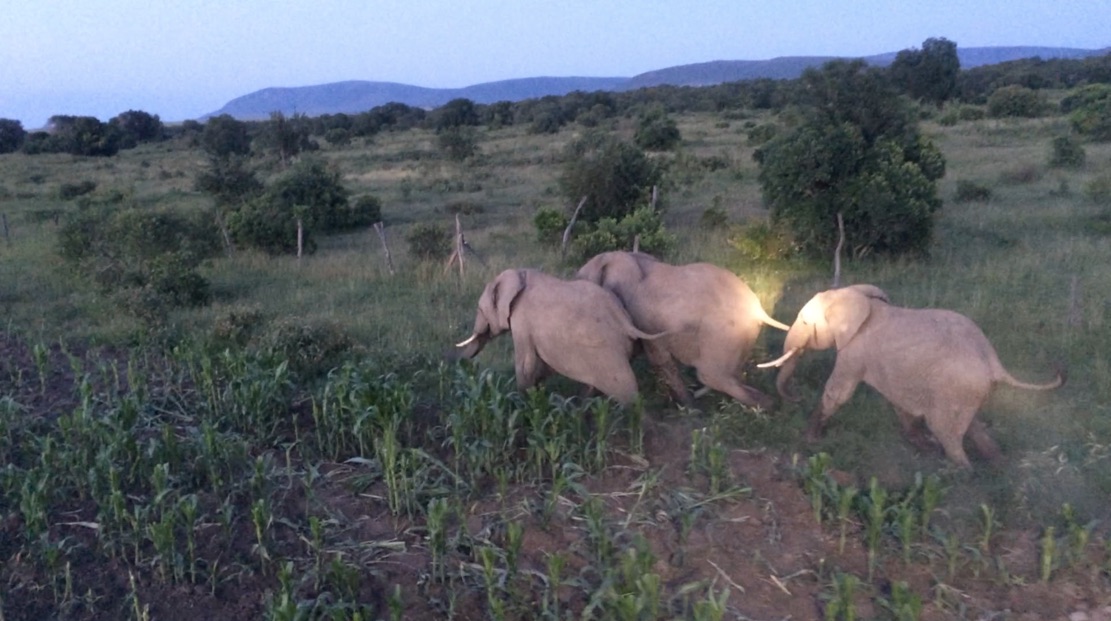

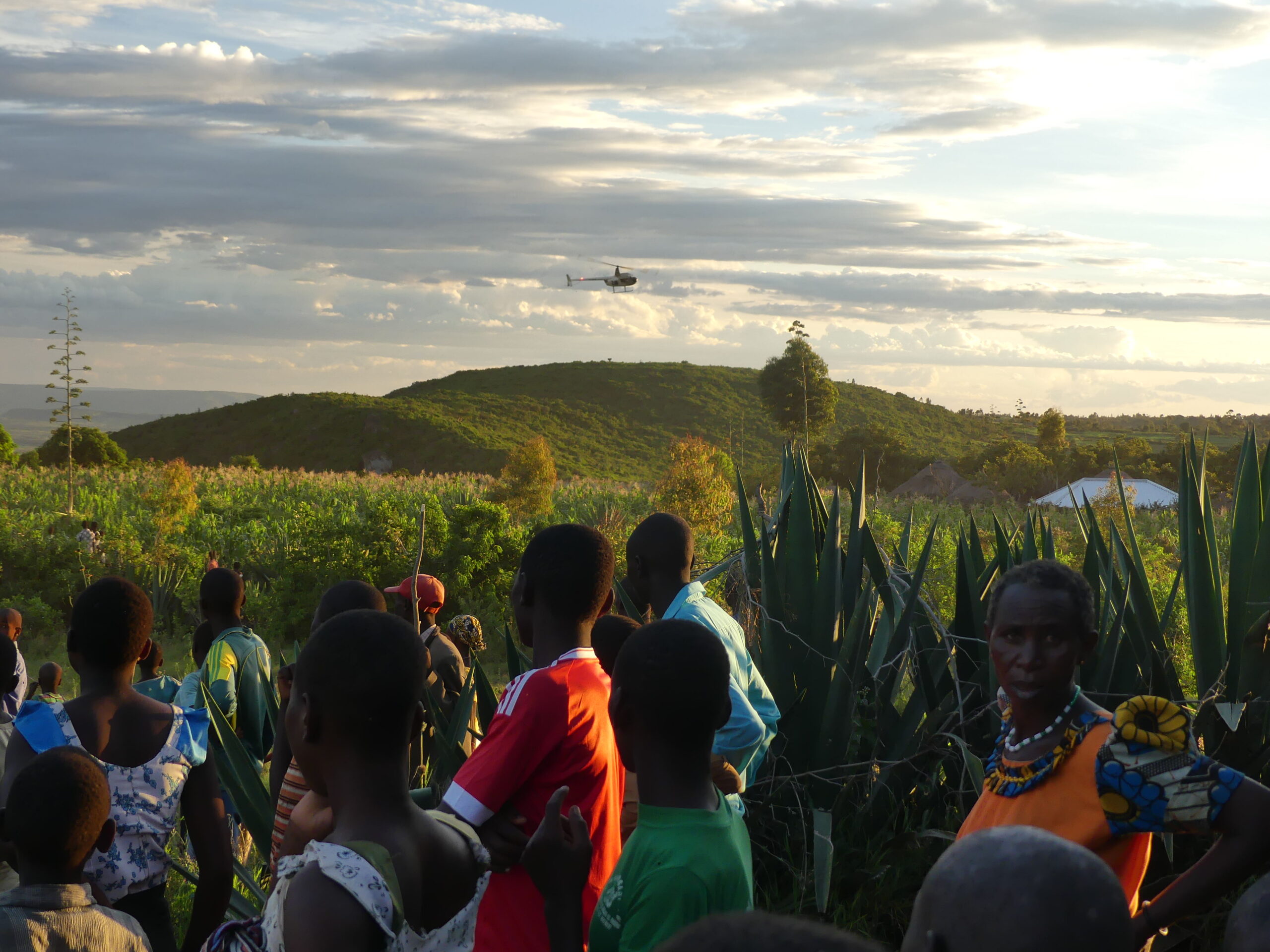
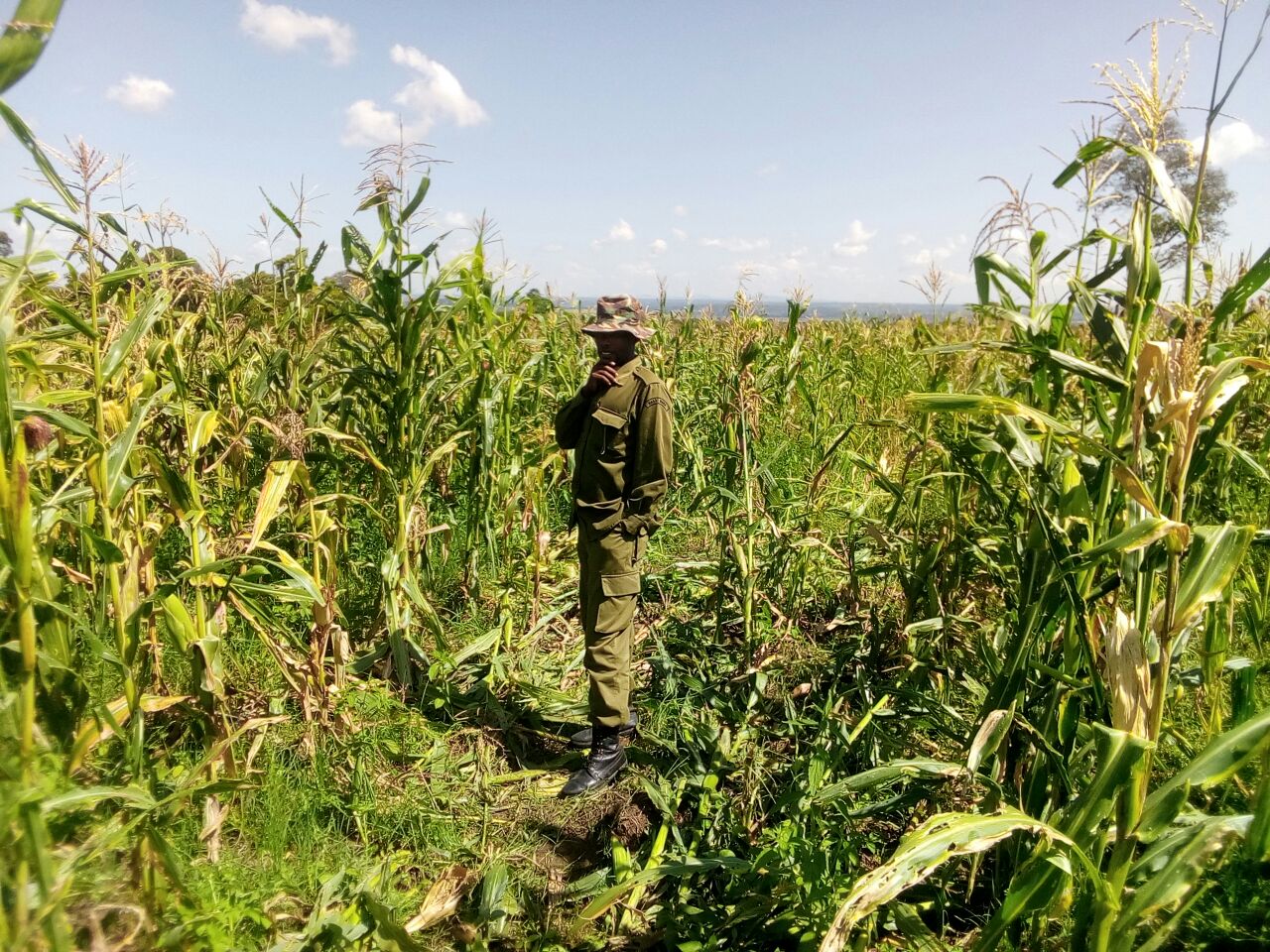
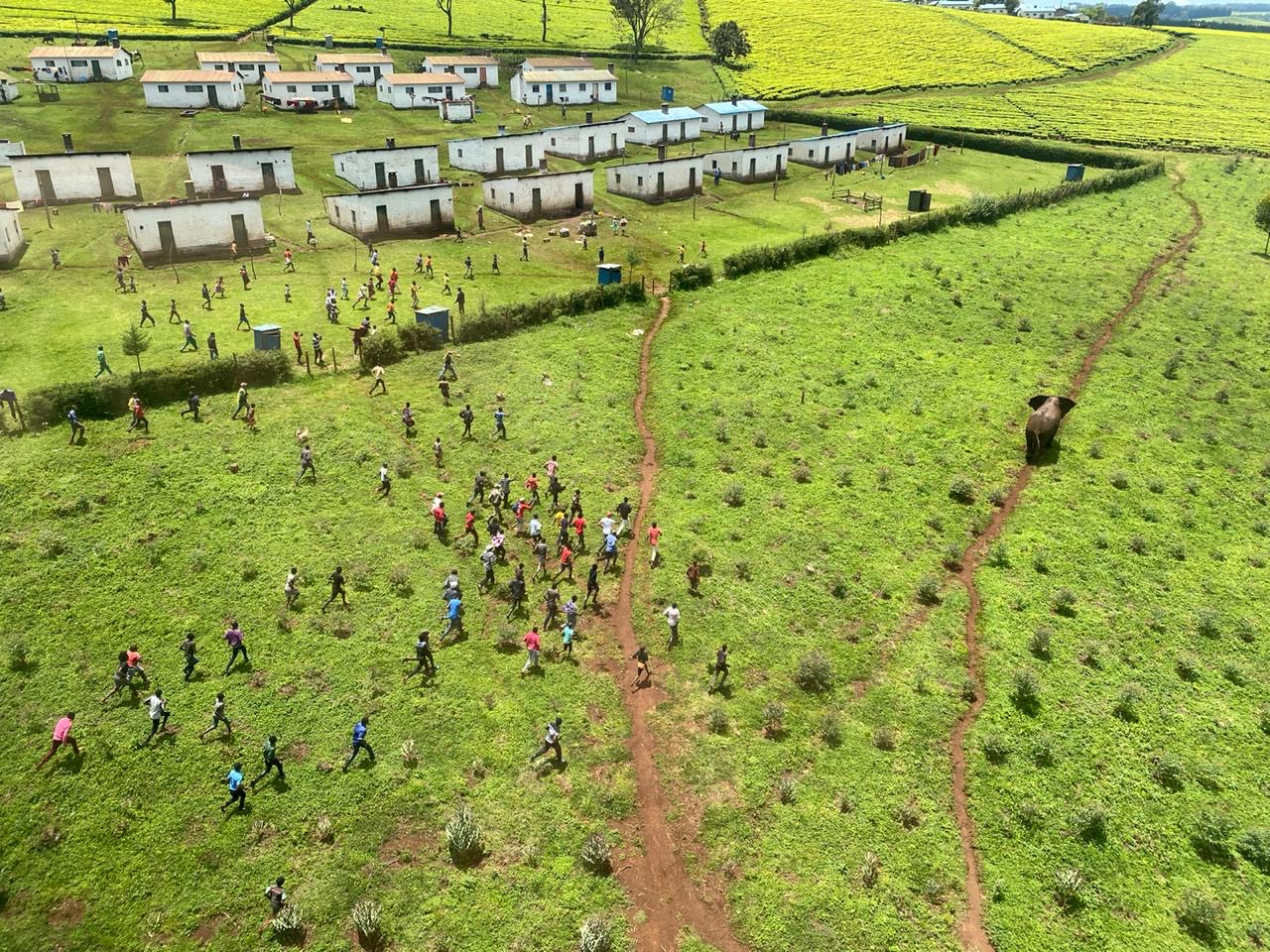
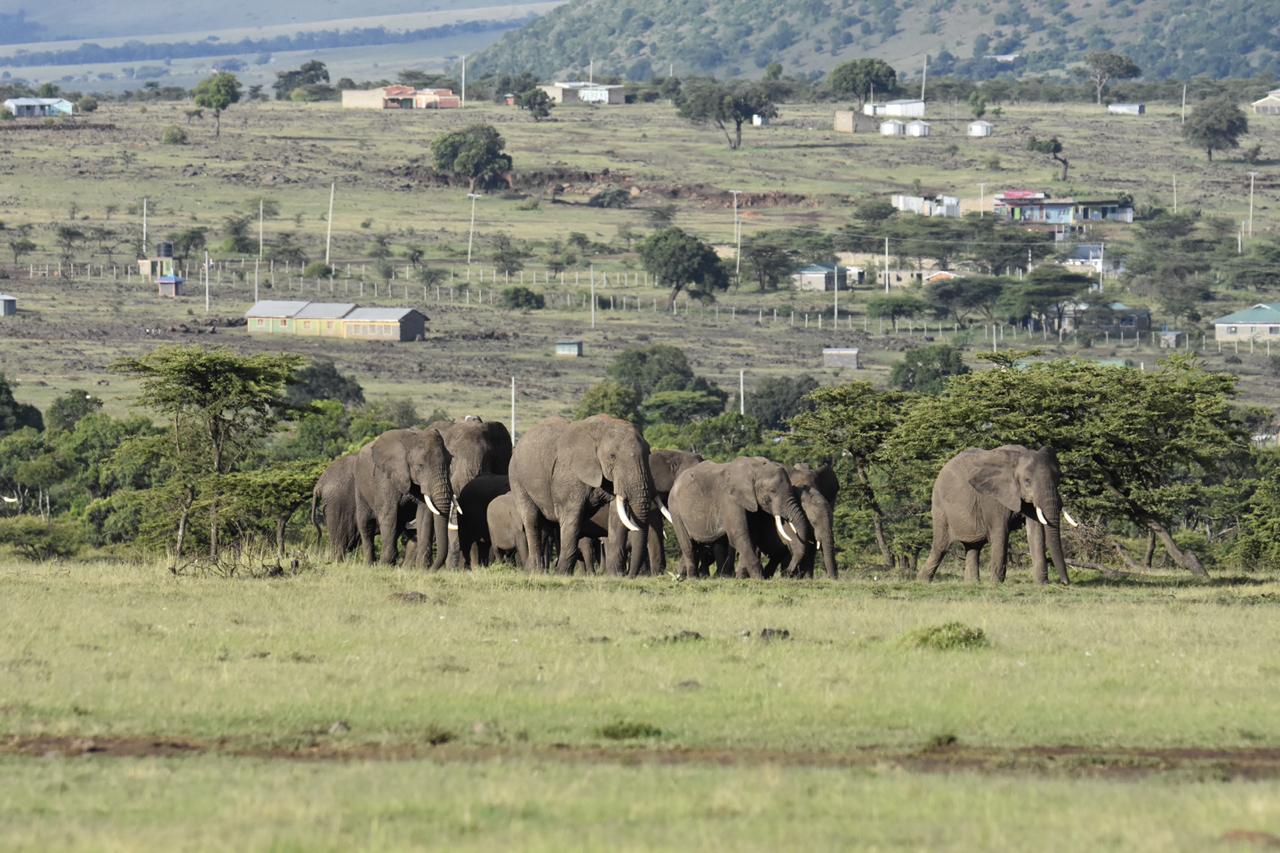

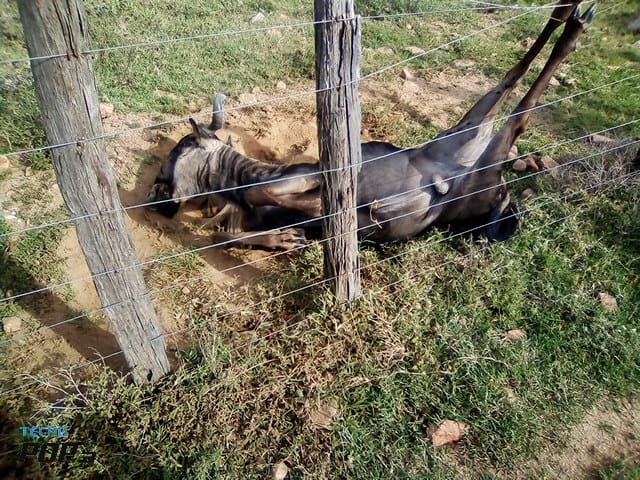
“We are trying to zone this country so that the land use, for example, around the Mara should be those that are compatible with wildlife conservation.”
KWS AG Director of Biodiversity, Research and Planning Patrick Omondi